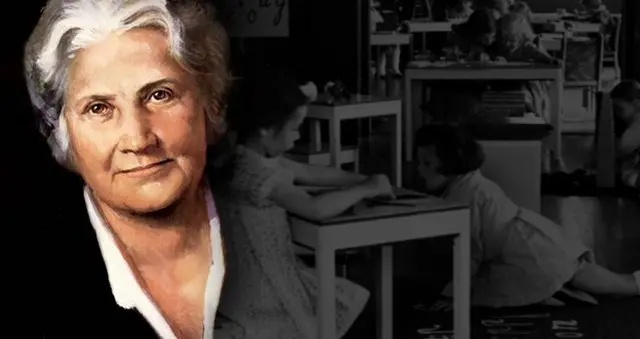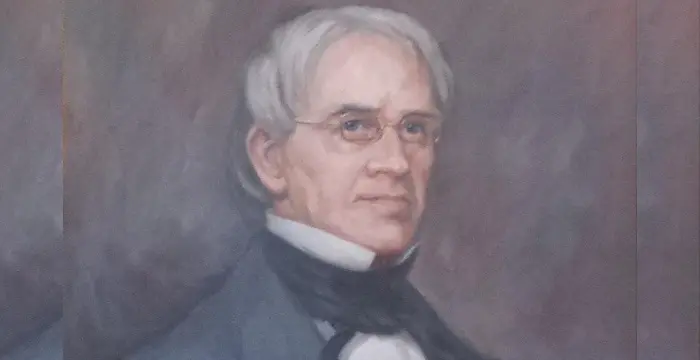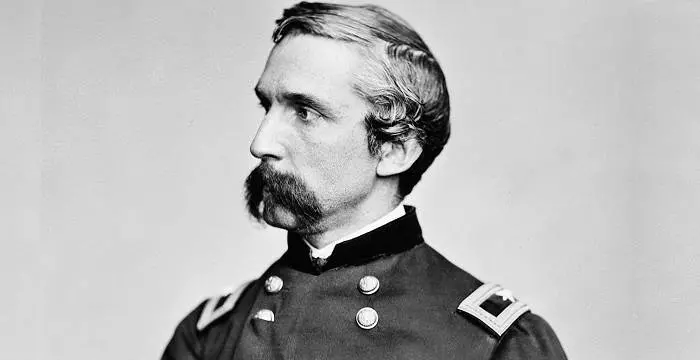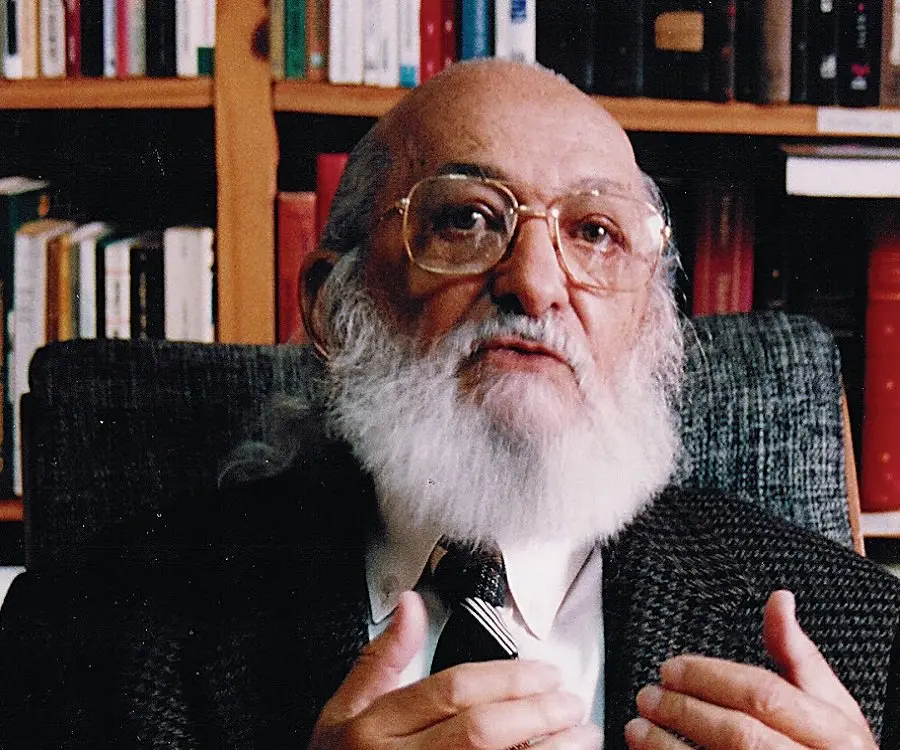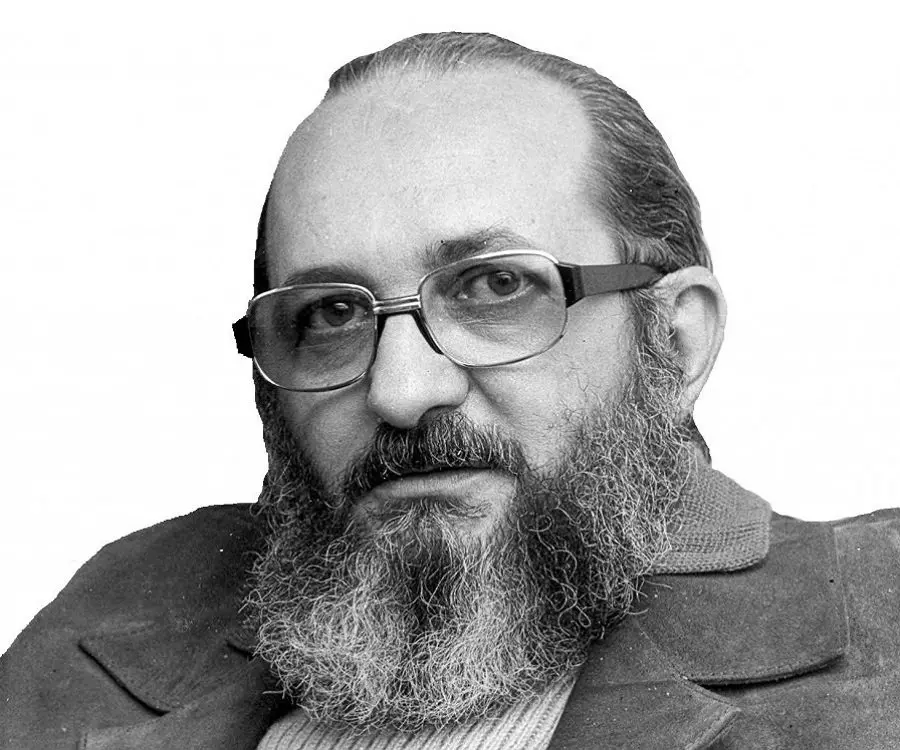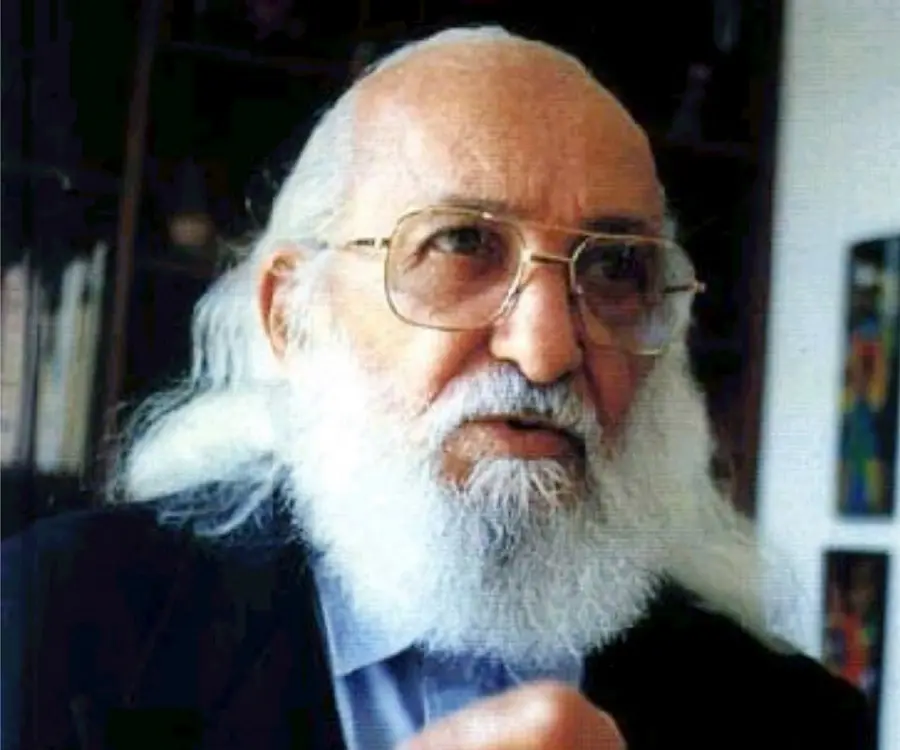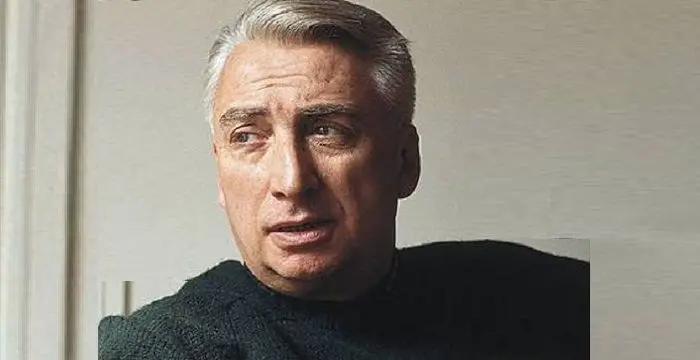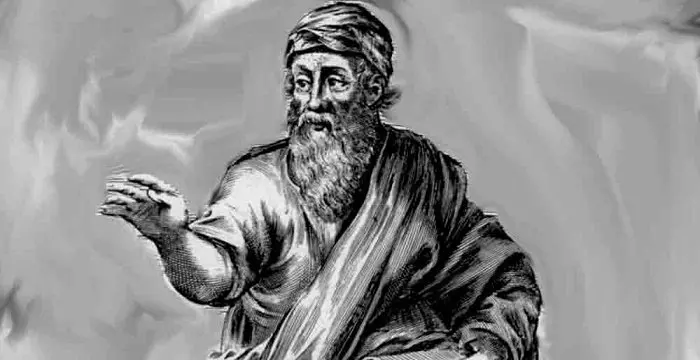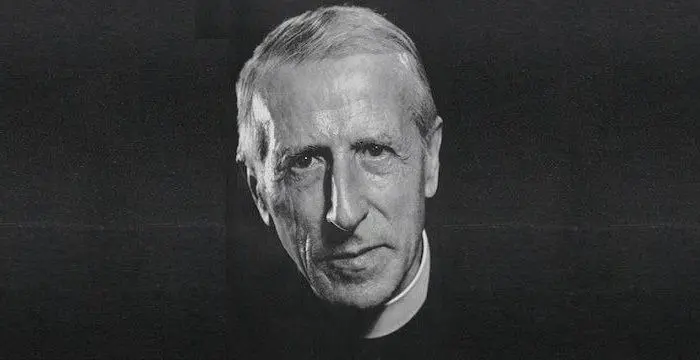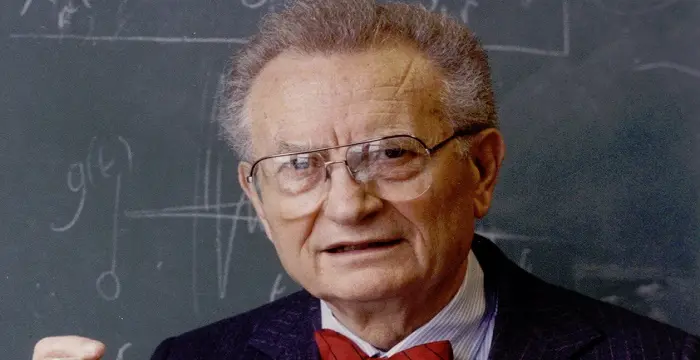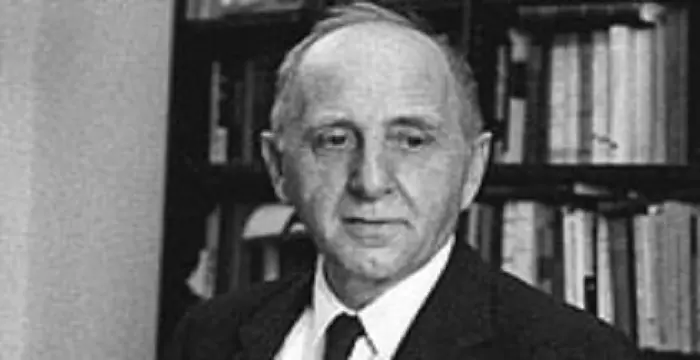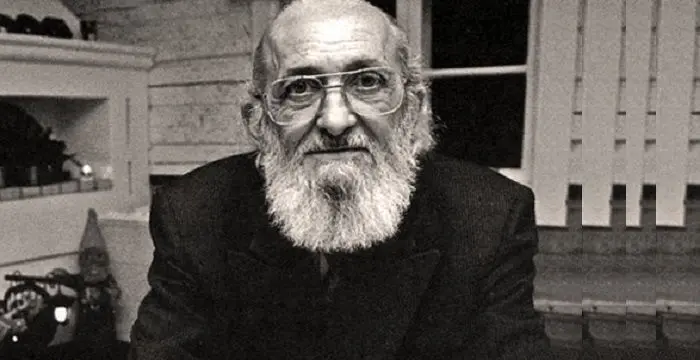
Paulo Freire - Educators, Life Achievements and Childhood
Paulo Freire's Personal Details
Paulo Freire was a Brazilian educator best known for his research on critical pedagogy
| Information | Detail |
|---|---|
| Birthday | September 19, 1921 |
| Died on | May 2, 1997 |
| Nationality | Brazilian |
| Famous | Intellectuals & Academics, Philosophers, Educators, Philosophers |
| Spouses | Elza Freire |
| Known as | Paulo Reglus Neves Freire |
| Universities |
|
| Birth Place | Recife, Brazil |
| Religion | Liberal Christianity (Catholic) |
| Gender | Male |
| Sun Sign | Virgo |
| Born in | Recife, Brazil |
| Famous as | Educator and Philosopher |
| Died at Age | 75 |
// Famous Educators
Maria Montessori
Maria Montessori was a physician and educator who developed the approach of Montessori education. This biography of Maria Montessori provides detailed information about her childhood, life, achievements, works & timeline.
Horace Mann
Horace Mann was an American education reformer and politician. This biography of Horace Mann profiles his childhood, life, works, achievements and timeline.
Joshua Chamberlain
Joshua Chamberlain was an American college professor, war hero and Governor of Maine. This biography provides detailed information about his childhood, life, career, achievements and timeline.
Paulo Freire's photo
Who is Paulo Freire?
Paulo Reglus Neves Freire was a professor and philosopher known for his work with adult illiterates and for promoting critical pedagogy, a theory and philosophy of education. He believed that each student has a way of thinking critically and is not just a passive recipient of knowledge or education from a teacher. He studied the relationship between teaching and learning and endorsed that the teacher should help students in developing freedom of thought that would enable them to use their knowledge to take constructive action. Freire grew up in poverty and hunger during the Great Depression of the 1930s and this explained his concerns about helping the poor. Poverty and related difficulties made him lag behind in social development and his ability to learn was severely diminished due to constant hunger and malnourishment. Eventually when his misfortunes ended and he got the opportunity to seek out a better life for himself, he decided that he wanted to contribute towards helping the poor. He became an educator and started working with the illiterate poor. He developed his own educational theories and taught hundreds of poor workers to read and write in just 45 days. He is the author of the book ‘Pedagogy of the Oppressed’ which is one of the foundational texts of the critical pedagogy movement.
// Famous Philosophers
Roland Barthes
Roland Barthes was a French literary theorist, critic and semiotician. This biography profiles his childhood, life, works, achievements and timeline.
Pythagoras
Pythagoras of Samos was a Greek mathematician and philosopher. Read on to learn more about Pythagoras’s profile, childhood, life and timeline.
Pierre Teilhard de Chardin
Pierre Teilhard de Chardin was a famous French philosopher and a priest who was also known for his controversial writings. Read more about the life and works of this philosopher in the following article.
Childhood & Early Life
He was born into a middle-class family in Recife, Brazil in 1921. He was still a young boy when the Great Depression of 1929 engulfed the world economy and he was pushed into a life of poverty and hunger.
His family moved to a less expensive city of Jaboatao dos Guararapes in 1931 and his father died in 1933 leaving his wife and children to fend for themselves. The young boy was exposed to a harsh life marked by poverty and constant hunger. These factors greatly diminished his learning ability and he ended up four grades behind.
His childhood experiences instilled in him empathy for the poor and less fortunate, and he was deeply motivated to do something to make their lives better.
Gradually his family’s fortunes improved and he was able to pursue higher education at reputable institutions. He joined Law School at the University of Recife in 1943. He also studied philosophy, and the psychology of language.
Career
He started working as a teacher of Portuguese upon his graduation. In spite of being admitted to the legal bar he never practiced law.
He was appointed the Director of the Department of Education and Culture of the Social Service in the state of Pernambuco in 1946. While here he worked with illiterate poor and developed his own non-orthodox form of liberation theology.
He became the director of the Department of Cultural Extension of Recife University in 1961 and became involved in an educational project aimed at dealing with mass illiteracy in 1962. Through the adoption of his theories 300 sugarcane workers were taught to read and write within 45 days.
This initial success of his theories prompted the Brazilian government to extend the movement to several states. During 1963-64 the government drew up a plan to establish 2000 cultural circles to reach 2, 000,000 illiterates.
The supposed plan could not be realized as a military coup in 1964 brought the existing regime to an end and Freire was imprisoned for 70 days following the coup.
He first went to Bolivia on a brief exile and then moved to Chile where he started working for the Christian Democratic Agrarian Reform Movement and the Food and Agriculture Organization of the United Nations.
He published his first book ‘Education as the Practice of Freedom’ in 1967 and followed it with his seminal work, ‘Pedagogy of the Oppressed’ in 1968, originally in Portuguese. This book became very popular and was soon translated into other languages like English and Spanish.
He was offered a visiting professorship at Harvard University in 1969.
He was appointed the special educational advisor to the Department of Education, World Congress of Churches in Geneva, Switzerland in 1970. During this time he advised former Portuguese colonies in Africa on educational reforms.
In 1980, he was made the supervisor of adult literacy project for the Workers’ Party in Sao Paulo, Brazil, a post he held till 1986.
Major Works
His book ‘Pedagogy of the Oppressed’ is considered one of the foundational texts of critical pedagogy. He advocates building a newer model of relationship between the teacher, student and society. He proposed that the learner in a teacher-student relationship should be treated as a co-creator of knowledge and not as a passive recipient of knowledge.
Awards & Achievements
The King Balduin prize for International Development was bestowed upon him in Belgium in 1980.
He was awarded the UNESCO 1986 prize for Education for Peace.
He was presented with the Andres Bello Inter-American Prize for Education by the Organization of American States (OAS) in 1992.
Personal Life & Legacy
He married Elza Maia Costa de Oliveira, a teacher, in 1944. The couple had five children and was happily married till Elza’s death in 1986.
He was very broken after the death of his wife and by chance reconnected with a former pupil of his, Maria Araujo. The two eventually fell in love and married.
He died of heart failure in 1997 at the age of 75.
// Famous Philosophers
Martin Buber
One of the greatest philosophers to have ever walked on earth, Martin Buber contributions to philosophy is a long-standing one. Explore all about his profile, childhood, life and timeline here.
Lao Tzu (Laozi)
Lao Tzu was a legendary Chinese philosopher who wrote the important “Daodejing”. This biography profiles his childhood, life, career, achievements and timeline.
Alan Watts
Alan Watts was a famous British philosopher known for his Zen teachings and interpretations of Eastern philosophy. Read more about this great philosopher in the following article.
Paulo Freire biography timelines
- // 19th Sep 1921He was born into a middle-class family in Recife, Brazil in 1921. He was still a young boy when the Great Depression of 1929 engulfed the world economy and he was pushed into a life of poverty and hunger.
- // 1931His family moved to a less expensive city of Jaboatao dos Guararapes in 1931 and his father died in 1933 leaving his wife and children to fend for themselves. The young boy was exposed to a harsh life marked by poverty and constant hunger. These factors greatly diminished his learning ability and he ended up four grades behind.
- // 1943Gradually his family’s fortunes improved and he was able to pursue higher education at reputable institutions. He joined Law School at the University of Recife in 1943. He also studied philosophy, and the psychology of language.
- // 1944 To 1986He married Elza Maia Costa de Oliveira, a teacher, in 1944. The couple had five children and was happily married till Elza’s death in 1986.
- // 1946He was appointed the Director of the Department of Education and Culture of the Social Service in the state of Pernambuco in 1946. While here he worked with illiterate poor and developed his own non-orthodox form of liberation theology.
- // 1961He became the director of the Department of Cultural Extension of Recife University in 1961 and became involved in an educational project aimed at dealing with mass illiteracy in 1962. Through the adoption of his theories 300 sugarcane workers were taught to read and write within 45 days.
- // 1964The supposed plan could not be realized as a military coup in 1964 brought the existing regime to an end and Freire was imprisoned for 70 days following the coup.
- // 1967He published his first book ‘Education as the Practice of Freedom’ in 1967 and followed it with his seminal work, ‘Pedagogy of the Oppressed’ in 1968, originally in Portuguese. This book became very popular and was soon translated into other languages like English and Spanish.
- // 1969He was offered a visiting professorship at Harvard University in 1969.
- // 1970He was appointed the special educational advisor to the Department of Education, World Congress of Churches in Geneva, Switzerland in 1970. During this time he advised former Portuguese colonies in Africa on educational reforms.
- // 1980In 1980, he was made the supervisor of adult literacy project for the Workers’ Party in Sao Paulo, Brazil, a post he held till 1986.
- // 1980The King Balduin prize for International Development was bestowed upon him in Belgium in 1980.
- // 1986He was awarded the UNESCO 1986 prize for Education for Peace.
- // 2nd May 1997He died of heart failure in 1997 at the age of 75.
// Famous Intellectuals & Academics
Bertil Gotthard Ohlin
Bertil Gotthard Ohlin was a famous Swedish economist. This biography profiles his childhood, family life & achievements.
Emily Greene Balch
Emily Greene Balch was an American economist, sociologist and pacifist who won the 1946 Nobel Peace Prize. This biography of Emily Greene Balch provides detailed information about her childhood, life, achievements, works & timeline.
Martin Buber
One of the greatest philosophers to have ever walked on earth, Martin Buber contributions to philosophy is a long-standing one. Explore all about his profile, childhood, life and timeline here.
Paul Samuelson
Nobel laureate Paul Anthony Samuelson is referred to as the ‘Father of Modern Economics’. This biography profiles his childhood, life, career, achievements and interesting facts about him.
Lao Tzu (Laozi)
Lao Tzu was a legendary Chinese philosopher who wrote the important “Daodejing”. This biography profiles his childhood, life, career, achievements and timeline.
Simon Kuznets
Simon Kuznets was a noted Russian-American economist, statistician, demographer, and economic historian. Check out this biography to know about his childhood, family life, achievements and other facts related to his life.
Paulo Freire's FAQ
What is Paulo Freire birthday?
Paulo Freire was born at 1921-09-19
When was Paulo Freire died?
Paulo Freire was died at 1997-05-02
Where was Paulo Freire died?
Paulo Freire was died in São Paulo
Which age was Paulo Freire died?
Paulo Freire was died at age 75
Where is Paulo Freire's birth place?
Paulo Freire was born in Recife, Brazil
What is Paulo Freire nationalities?
Paulo Freire's nationalities is Brazilian
Who is Paulo Freire spouses?
Paulo Freire's spouses is Elza Freire
What was Paulo Freire universities?
Paulo Freire studied at Federal University of Pernambuco
What is Paulo Freire's religion?
Paulo Freire's religion is Liberal Christianity (Catholic)
What is Paulo Freire's sun sign?
Paulo Freire is Virgo
How famous is Paulo Freire?
Paulo Freire is famouse as Educator and Philosopher
